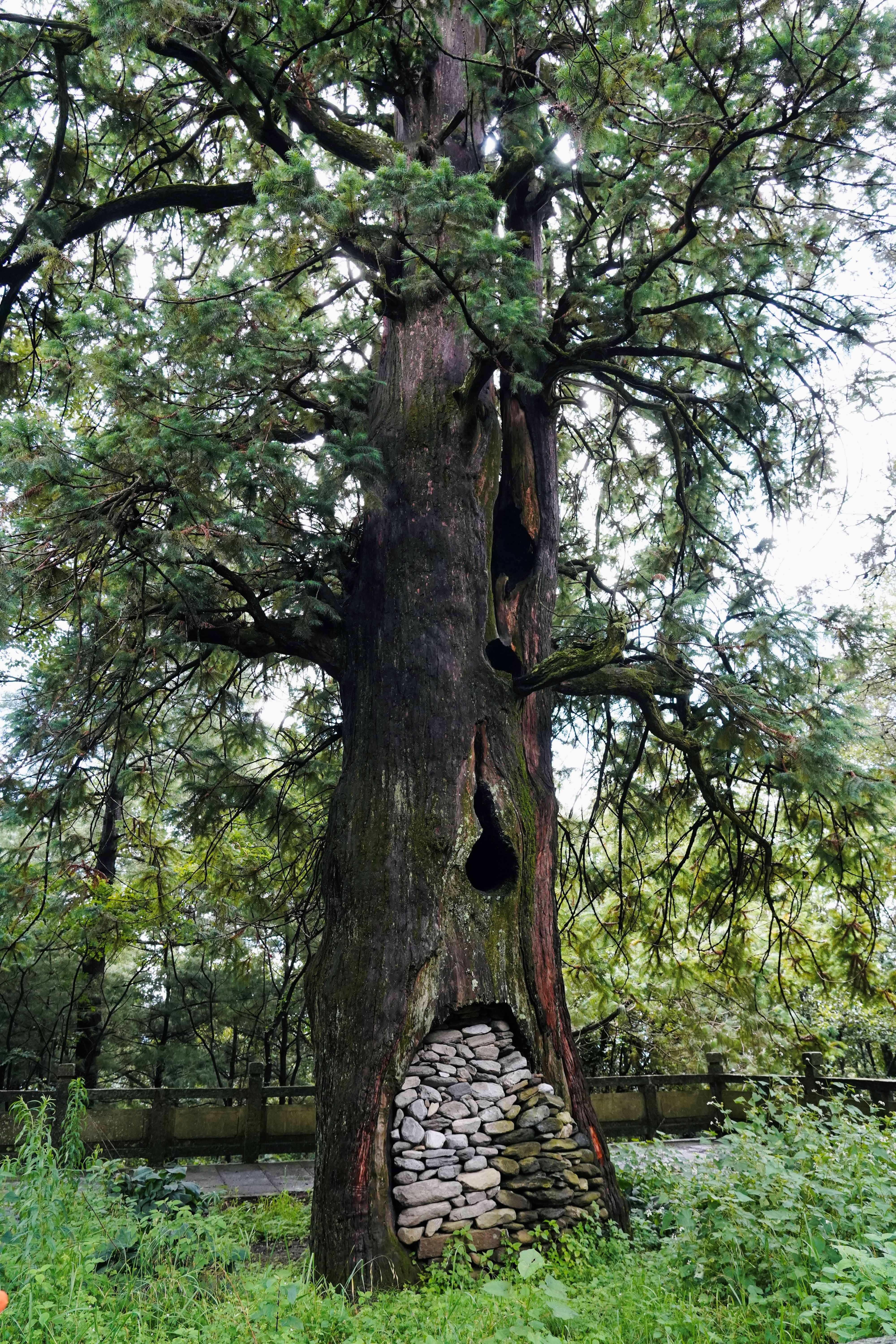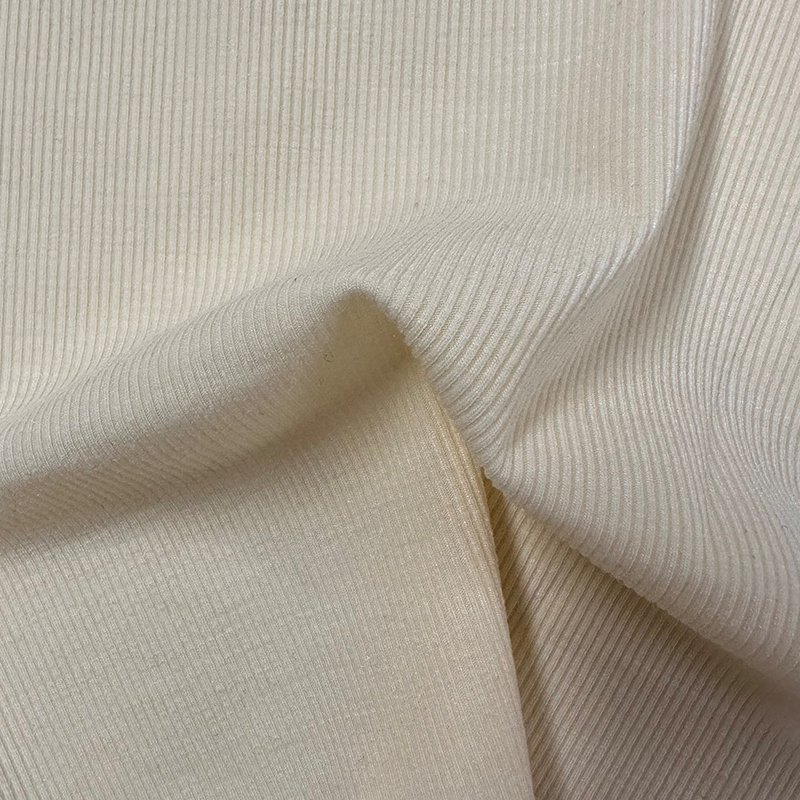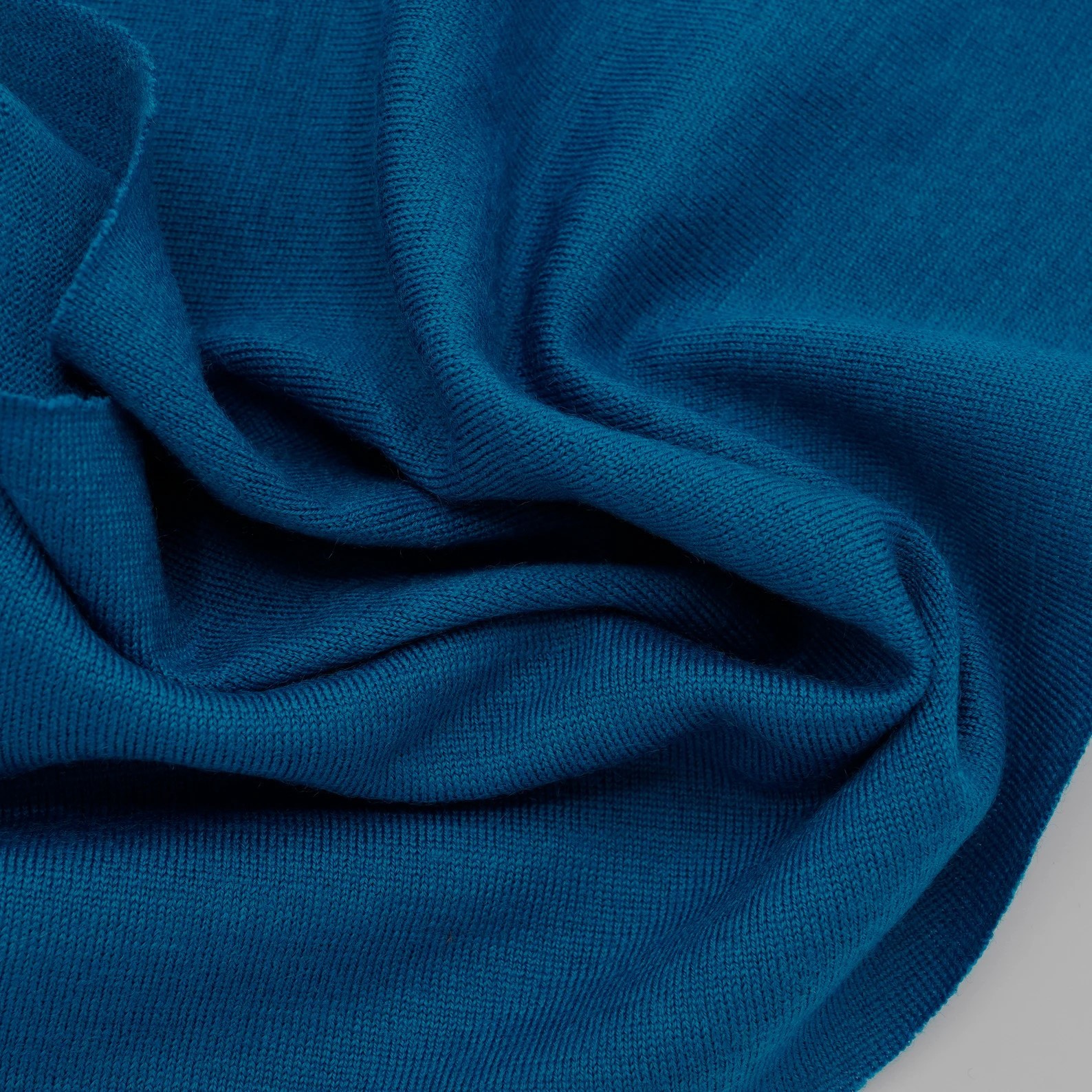 Esperanto
Esperanto
 Shqiptare
Shqiptare
 Euskara
Euskara
 Zulu
Zulu
 Latinus
Latinus
 Cymraeg
Cymraeg
 தமிழ்
தமிழ்
 Slovak
Slovak
 Slovak
Slovak
 Afrikaans
Afrikaans
Discover the Incredible Benefits of Tencel Wool Fabric for Eco-Friendly Fashion
Release time:
2025-04-27
Source:
Discover the Incredible Benefits of Tencel Wool Fabric for Eco-Friendly Fashion
Introduction to Tencel Wool Fabric
In the quest for **sustainable fashion**, material selection plays a pivotal role. Tencel wool fabric emerges as a frontrunner, combining the best properties of **Tencel**, a fiber made from sustainably sourced wood pulp, with the luxurious qualities of wool. This unique blend not only offers comfort and style but also champions environmental responsibility. In this article, we will explore the myriad benefits of Tencel wool fabric, highlighting its role in the evolution of eco-friendly fashion.
What is Tencel and Why is it Sustainable?
Tencel, also known as lyocell, is a fiber derived from the pulp of eucalyptus trees. The production process is remarkably sustainable, utilizing a closed-loop system that recycles water and solvents, minimizing waste and environmental impact. Here are some key aspects of Tencel’s sustainability:
Renewable Resource
Eucalyptus trees grow quickly and require significantly less water compared to conventional cotton. They also thrive without the need for pesticides, reducing harmful chemicals released into the environment.
Eco-Friendly Production Process
The closed-loop production process used to create Tencel ensures that over 99% of the solvents are recycled. This innovative approach minimizes pollution and promotes a greener planet.
Biodegradable Characteristics
Tencel fibers are fully biodegradable, breaking down naturally without contributing to landfill waste. This quality makes Tencel an attractive option for environmentally conscious consumers.
The Luxurious Blend: Tencel Wool Fabric
Tencel wool fabric is a harmonious blend that brings together the **softness of Tencel** and the warmth of wool. This unique combination results in a fabric that is not only luxurious but also functional.
Comfort and Breathability
One of the standout features of Tencel wool fabric is its superior comfort. Tencel’s moisture-wicking properties combined with wool's natural breathability create a fabric that regulates temperature, keeping the wearer comfortable in varying climates.
Natural Insulation
Wool is known for its insulating properties, and when combined with Tencel, it enhances warmth without adding bulk. This makes Tencel wool fabric an excellent choice for cool weather garments, ensuring that wearers stay warm without compromising style.
Durability and Resilience
Tencel wool fabric is incredibly durable, resisting wear and tear even after multiple washes. The inherent strength of Tencel fibers, coupled with the natural elasticity of wool, results in a fabric that maintains its shape and appearance over time.
Versatility of Tencel Wool Fabric in Fashion
The versatility of Tencel wool fabric is one of its most appealing attributes. From casual wear to high-end fashion, this fabric can be adapted to various styles and applications.
Everyday Wear
Tencel wool is ideal for everyday garments such as shirts, dresses, and sweaters. Its comfort and breathability make it perfect for all-day wear, while its elegant appearance elevates casual outfits.
Activewear
For those who lead an active lifestyle, Tencel wool fabric offers a perfect blend of comfort and performance. It wicks moisture away from the skin, ensuring that you remain dry and comfortable during workouts.
Luxury Fashion
Tencel wool fabric is increasingly being utilized by high-end designers who prioritize sustainability. Its luxurious feel and aesthetic appeal make it a preferred choice for upscale clothing lines.
The Environmental Impact of Choosing Tencel Wool Fabric
Choosing Tencel wool fabric not only enhances your wardrobe but also contributes to a more sustainable fashion industry. Here’s why making the switch matters:
Reduced Carbon Footprint
The sustainable sourcing and production of Tencel wool fabric result in a significantly lower carbon footprint compared to conventional fabrics. By opting for Tencel wool, consumers can play a role in reducing greenhouse gas emissions.
Conservation of Natural Resources
With its efficient use of water and energy during production, Tencel wool fabric conserves vital natural resources. This is crucial in a world facing water scarcity and environmental challenges.
Support for Sustainable Practices
Purchasing clothing made from Tencel wool supports companies that prioritize sustainable practices. By choosing eco-friendly options, consumers can drive demand for a greener fashion industry.
Care and Maintenance of Tencel Wool Fabric
Proper care and maintenance are essential to prolong the life of Tencel wool garments. Here are some tips for keeping your Tencel wool items looking their best:
Washing Instructions
Most Tencel wool fabrics can be machine washed on a gentle cycle. Use cold water and a mild detergent to prevent damage. Always check the care label for specific instructions.
Drying Tips
Avoid tumble drying Tencel wool fabric as high heat can cause shrinkage. Instead, lay the garment flat to dry, ensuring it retains its shape.
Storing Tencel Wool Garments
Store Tencel wool clothing in a cool, dry place, away from direct sunlight. Use padded hangers for delicate items to maintain their structure.
Common Misconceptions About Tencel Wool Fabric
Despite its numerous benefits, there are several misconceptions surrounding Tencel wool fabric. Let’s address a few of them.
Misconception 1: Tencel Wool is Expensive
While Tencel wool may have a higher initial cost compared to synthetic fabrics, its durability and longevity make it a cost-effective choice in the long run.
Misconception 2: Tencel Wool is Difficult to Care For
Tencel wool is relatively easy to care for, especially when compared to other luxury fabrics. With proper washing and drying techniques, it can maintain its beauty and longevity.
Misconception 3: Tencel Wool is Not Durable
On the contrary, Tencel wool is one of the most durable fabric blends available. Its strength and resilience are unmatched, making it suitable for everyday wear.
Frequently Asked Questions about Tencel Wool Fabric
1. Is Tencel wool fabric suitable for sensitive skin?
Yes, Tencel wool is hypoallergenic and gentle on sensitive skin, making it a great option for those prone to irritation.
2. How does Tencel wool compare to other fabrics for environmental impact?
Tencel wool has a lower environmental impact compared to conventional fabrics like cotton and polyester due to its sustainable production process and renewable resources.
3. Can Tencel wool fabric be recycled?
Yes, Tencel fibers can be recycled, further contributing to their sustainable profile.
4. What are the best uses for Tencel wool fabric?
Tencel wool is versatile and can be used for various applications, including everyday clothing, activewear, and luxury fashion.
5. How does Tencel wool fabric hold up after multiple washes?
Tencel wool fabric is designed to withstand multiple washes without losing its shape or integrity, maintaining its luxurious feel.
Conclusion
Tencel wool fabric stands at the intersection of comfort, style, and sustainability. Its eco-friendly properties, coupled with its luxurious feel and versatility, make it a top choice for consumers committed to making responsible fashion choices. By choosing Tencel wool, you not only enhance your wardrobe but also contribute to a more sustainable planet. Embrace the future of fashion with Tencel wool fabric and make a statement that benefits both you and the environment.
tencel wool fabric
Related News
2025-08-21 19:00
Why Nylon Wool Fabric is the Future of Sustainable Apparel
Why Nylon Wool Fabric is the Future of Sustainable Apparel Table of Contents 1. Introduction to Sustainable Apparel and Its Importance 2. Understanding Nylon Wool Fabric: A Comprehensive Overview 3. Environmental Benefits of Nylon Wool Fabric 3.1 Reduced Resource Consumption 3.2 Lower Carbon Footprint 4. Durability and Longevity: A Wise Investment 5. Versatility in Fashion Design 6. The Growing Po
2025-08-11 18:40
The Versatility and Benefits of Wool Fabric in Textile Industry
Wool fabric, derived from the fleece of sheep, is renowned for its unique properties that make it a highly sought-after material in the textile industry. Unlike synthetic fibers, wool is a natural fiber that possesses a range of advantages, contributing to its enduring popularity among designers and manufacturers. One of the most significant attributes of wool fabric is its excellent thermal regul





